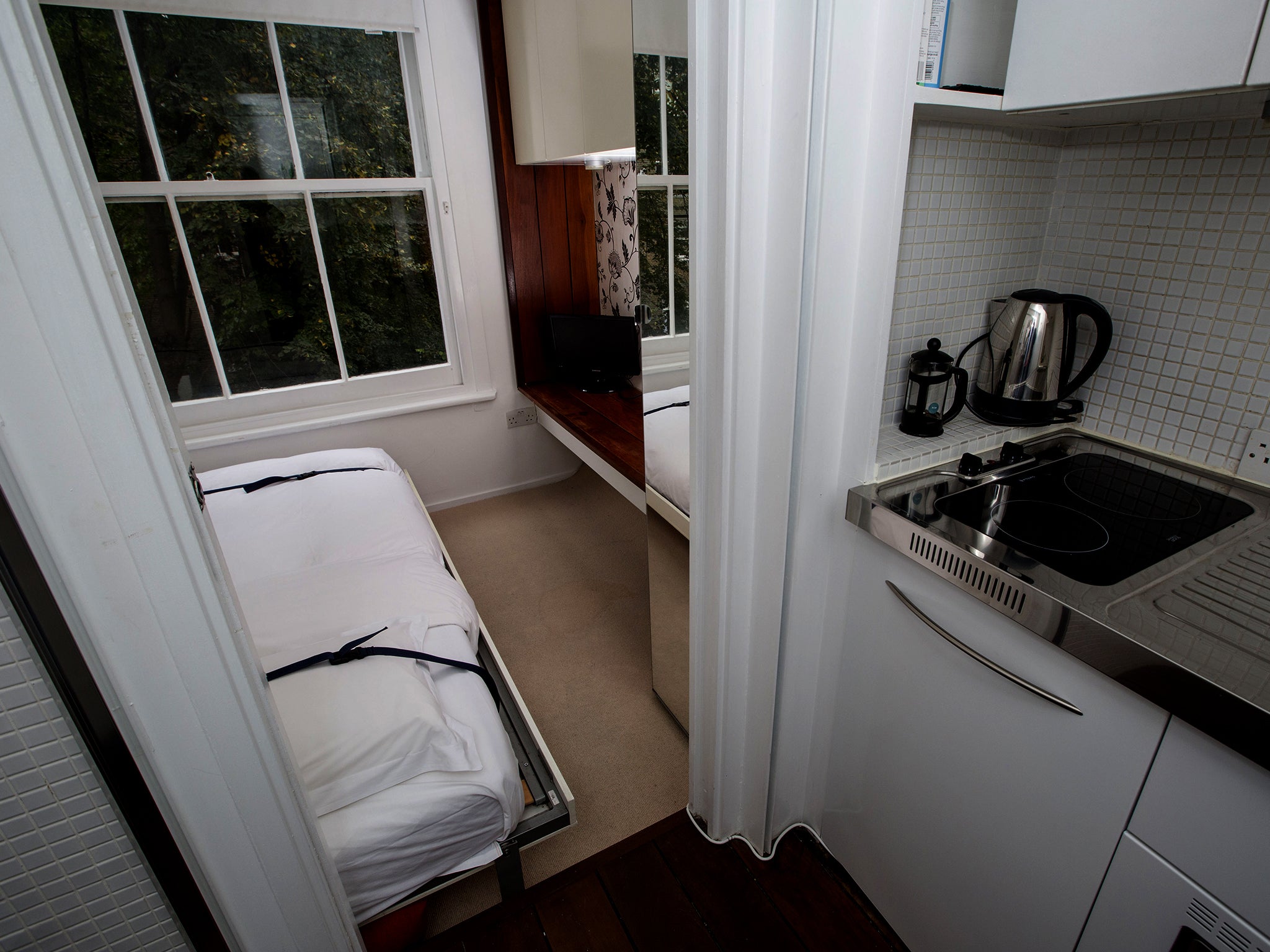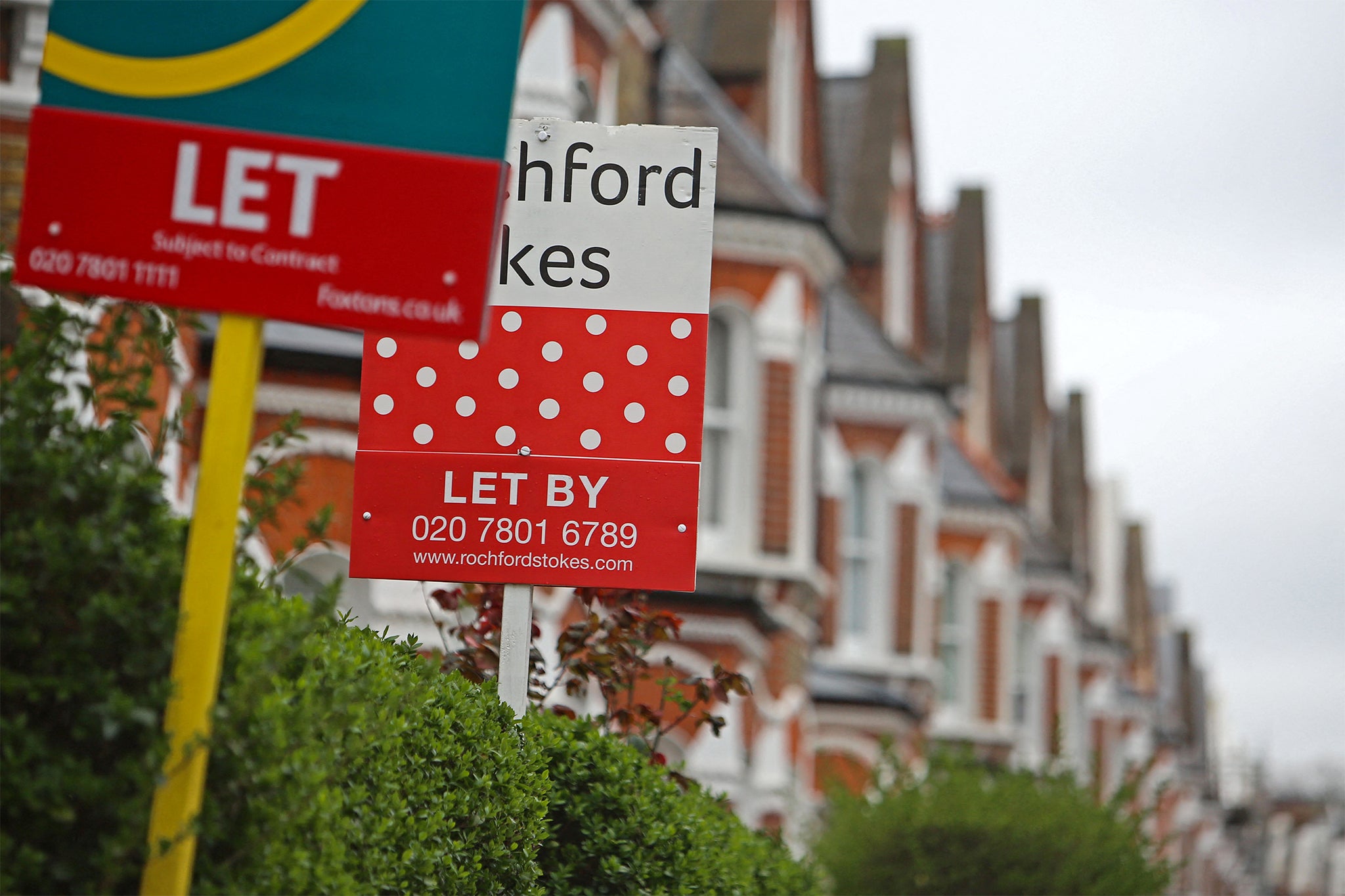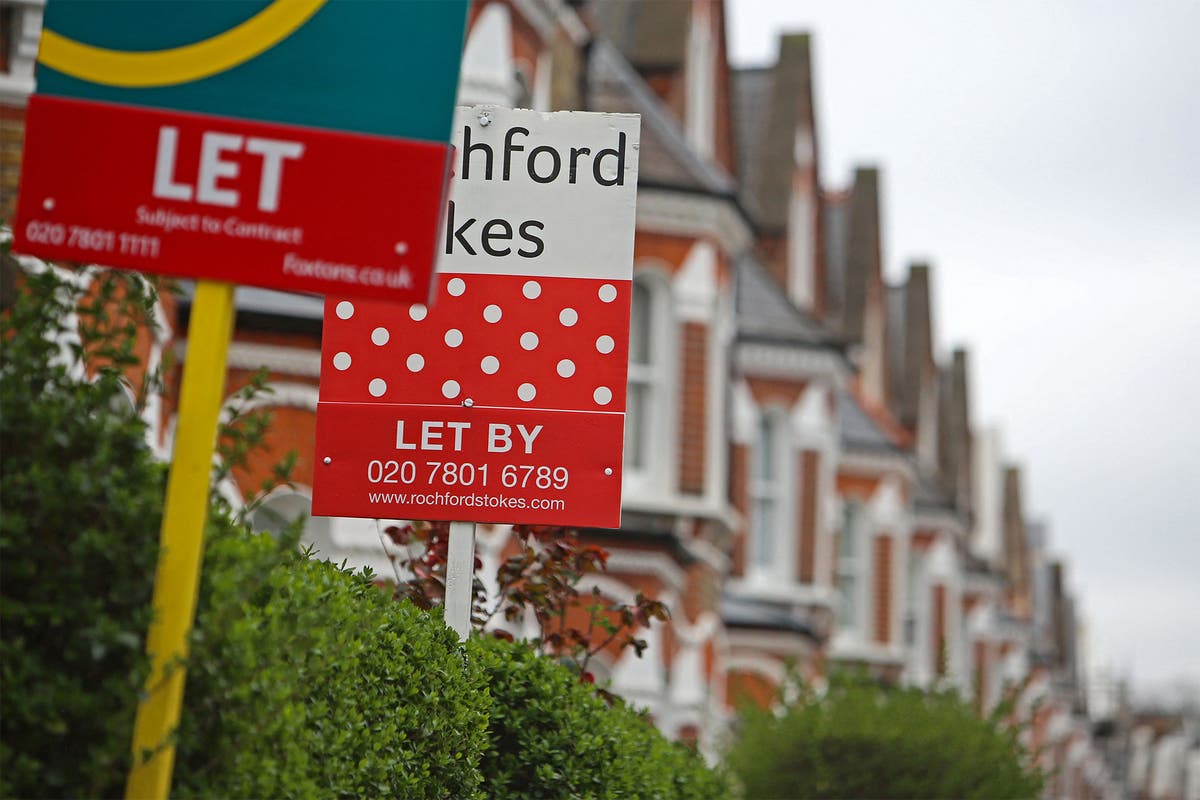Landlords have come under fire for banning prospective tenants from working from home, resulting in calls for new legislation to protect renters.
In what appears to be a new trend, adverts for shared homes specify that the potential new occupant must not work from home.
Now, the charity Generation Rent has called upon the incoming government to impose regulations to stop this practice which is perpetuated by Section 21 “no-fault” eviction powers.
These concerns have been echoed by British renters, including one fully remote disabled worker who told The Independent that such practices put people at risk of homelessness when it leaves them unable to work.
A lawyer confirmed to The Independent that landlords cannot stop tenants working from home, although the situation is “more complicated where a tenant seeks to run a business from their rental property.”
The issue came to the fore with a viral post on Twitter (X), which claimed that a landlord was attempting to rent a double room for £1,300 a month where the tenant would be unable to work from home – despite a desk being placed in the room.
It read: “£1300, no working from home allowed even though the room has a desk?” [sic]
The post has been viewed by more than four million people.
It ignited an intense debate about the legality of such requests and whether or not they were fair, especially with the increased prevalence of fully remote and hybrid jobs in the post-Covid world.
The Office of National Statistics found that the average monthly rent in the UK increased by nine per cent from 2023 to 2024.
Reacting to the post, one Twitter (X) user wrote: “That’s utterly ridiculous!”
“I think it’s insurance reasons, as Landlords get asked if the property is used for business purposes,” speculated a second. “I’m sure that’s what Landlords are referring to.” [sic]
A third questioned: “no wfh allowed? how is that legal? no running a business I can understand.”
An investigation by The Independent found that such ads were far from uncommon on rental websites like Spareroom and were particularly prevalent among live-in landlords.
“We are looking for a female professional who is neat and tidy and not WFH,” specifies one Spareroom ad for a double bedroom costing £800 a month.
Another bedroom that costs £800 a month specifies “no WFH” on either a full or part-time basis, adding that the prospective tenant “ideally” won’t use the kitchen much.
“If you snore please don’t apply,” it adds, stressing that the ideal tenant should “love their own space”.

Referring to the first advert, a spokesperson for Spareroom told The Independent: “This isn’t an ad placed by a traditional landlord, it comes from someone living in the property.
“It’s not unusual for these type of ads, whether they’re from a lodger landlord or the current flatmates, to express some type of preference when it comes to working from home.
“There could be all sorts of reasons for that, from the space not being suitable, or the extra load on wifi, to the effect on bills.”
But the problems that this can create for prospective tenants are huge, especially in light of the prevalence of remote and hybrid roles post-pandemic.
One fully remote worker, who is currently looking for a new rental property, told The Independent: “After the 2008 market crash and the proliferation of zero-hours contracts I moved my work model to freelancing. Much of this involves working from home for preparation and admin.
“So when the pandemic hit I was fortunate in having few adjustments to my work pattern, and with a progressive disability, this has allowed me to continue working full time.
“I’m currently looking for a new rental property and any stipulation that I could not work from home would either exclude me from housing or exclude me from the workforce. This is not a choice anyone ought to face, and it certainly ought not to be being imposed by private landlords.”

Abtin Yeganeh, a Senior Associate in the Dispute Resolution department at Lawrence Stephens, explained that renters do have one protection in this area.
“Whilst landlords can seek to exclude a tenant’s right to work from home, The Small Business Enterprise and Employment Act 2015 (subject to several exclusions) provides that landlords cannot unreasonably refuse a tenant’s request to do so,” he said.
However, the continued existence of Section 21 evictions means that tenants could still be forced to move on if they try to work from home, making this a complicated issue for all involved.
Ben Twomey, the Chief Executive of Generation Rent, echoed these concerns, telling The Independent: “If you’re paying rent for a home, it should be none of your landlord’s business what you do in it.
“Unfortunately, in practice, there is little stopping landlords from imposing draconian conditions on their tenants, because they can threaten a Section 21 eviction if you don’t comply.
“It doesn’t matter if an unreasonable requirement is lawful – being able to evict without needing a reason trumps everything.
“When the next government reforms tenancies, as all major parties have promised, it must abolish Section 21 and make clear that unfair terms like banning working from home are not legal. That way, the selfish preferences of a landlord will not mean homelessness for a tenant. ”

